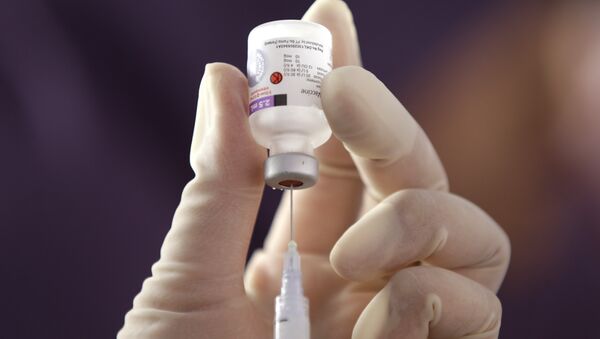The Indian Academy of Sciences (IASc), one of the top scientific bodies in the country, has decried the directive by Indian Council of Medical Research (ICMR) to “fast track all approvals related to initiation of the clinical trial” of the vaccine for COVID-19 as the government wants to launch it for public health use by 15 August 2020.
In a press release on Sunday, IASc said, “any hasty solution that may compromise rigorous scientific processes and standards will likely have long-term adverse impacts of unforeseen magnitude on citizens of India.”
“As a body of scientists – including many who are engaged in vaccine development – the IASc strongly believes that the announced timeline is unfeasible. This timeline has raised unrealistic hope and expectations in the minds of our citizens,” reads the IASc’s press release.
ICMR Chief Professor Balram Bhargava, in his letter to the clinical trial sites, had warned that “non-compliance will be viewed very seriously.”
Professor Bhargava, who is also Secretary of the Department of Health Research under the federal Ministry of Health and Family Welfare, told the partnering clinical trial sites that “This is the first indigenous vaccine being developed by India and is one of the top priority projects which is being monitored at the topmost level of the Government.”
Even the head of India’s clinical research group for COVID-19 and director of the premier All Indian Institute of Medical Sciences in New Delhi, Dr. Randeep Guleria, said it would be a very “challenging and difficult task”.
The ICMR, meanwhile, defended its decision and said in the interest of public health, “it is important for ICMR to expedite the clinical trials with a promising indigenous vaccine.”
“ICMR’s process is exactly in accordance with the globally accepted norms to fast-track the vaccine development for diseases of pandemic potential wherein human and animal trials can continue in parallel,” clarified the ICMR, which said it did not want red tape to hinder the vaccine development process.
Dr. Sowmya Swaminathan, chief scientist with the World Health Organisation, has said “we are looking at 2021 or 2022 to be able to vaccinate a large number of people.” Participating in a virtual seminar, Dr. Swaminathan had said the results of ongoing trials would only be available “perhaps by the end of the year”.
India’s federal drug regulator, the Central Drug Standard Control Organisation, had given permission to Bharat Biotech to carry out Phase I and Phase II human clinical trials after the company submitted results of pre-clinical trials. It would use the virus strain isolated at the ICMR’s National Institute of Virology in Pune and the vaccine would be manufactured at Bharat Biotech’s high containment facility, located in the southern city of Hyderabad.
India currently has a caseload of 673,165 cases, of which 244,814 are active, while 409,083 people have recovered. According to data released by the federal health ministry on Sunday, 19,268 people have lost their lives in India due to the viral infection.




